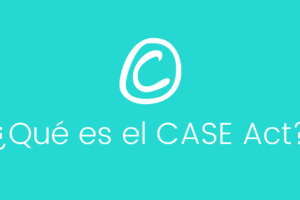What happens to a copyright when the owner dies? The answer to this question lies with the owner and their estate planning.
A copyright is an intangible asset. Copyright exists in a work from the moment of creation. Generally, the copyright term of a work extends from the date of creation until 70 years after the death of the creator. The creator (or creators) of a work is typically the copyright owner. The copyright term is a one time term. With each sale or transfer of ownership, the copyright term is not restarted or extended.
Copyright confers a set of legal rights to its owner. The copyright owner can sell, transfer or license these rights. The sale, license or transfer of the copyrights become a source of income for the copyright owner.
The impact of estate laws.
Every jurisdiction within the United States, as well as every country, have their own estate laws. These laws, set forth the manner in which a person may lay out directives about their personal affairs and assets.
So, what happens to a copyright after the owner dies? As an intangible asset, the copyright forms part of the owner’s estate. In other words, copyright can be inherited or bequeathed. Who and how may inherit or be bequeathed the copyright is subject to the laws in the relevant jurisdiction.
Once inherited, what’s next?
Upon the death of the copyright owner, the clock begins to run on the seventy year copyright term. This clock cannot be turned back, paused, postponed, restarted or renewed. Once the seventy year term expires, the work will enter the public domain. When a work enters the public domain, others may use the work for commercial purposes without having to request any type of authorization or licence.
While the copyright term is active, the person who inherits or is bequeathed the copyright becomes the new copyright owner. This entitles them to the copyrights over the work. As such, the new owner may reap the benefits of valid licensing or other agreements in place over the work. As well as enter into new agreements.
For works registered in the United States Copyright Office or in another country, it is a good practice to notify and record the change of ownership.
Author: Patricia Ramírez Gelpí, J.D., LL.M.
Image: Burdun Iliya/Shutterstock.com





